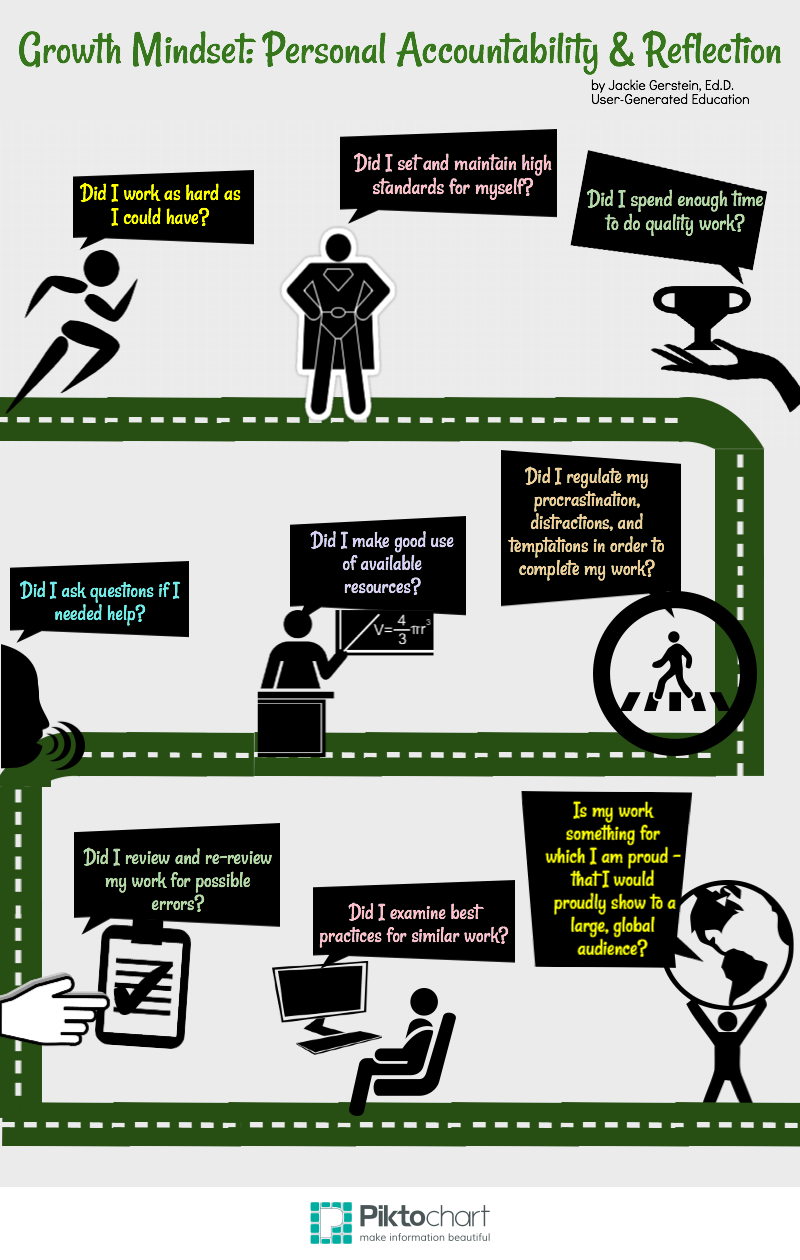
Reposted from A Principal’s Reflections:
The structure and function of the majority of schools in this country is the exact opposite of the world that our learners are growing up in. There is an automatic disconnect when students, regardless of their grade level, walk into schools due to the lack of engagement, relevancy, meaning, and authentic learning opportunities. Our education system has become so efficient in sustaining a century old model because it is easy and safe. The resulting conformity has resulted in a learning epidemic among our students as they see so little value in the cookie-cutter learning exercises they are forced to go through each day. The bottom line is that they are bored. It is time that we create schools that work for our students as opposed to ones that have traditionally worked well for the adults.
Creating schools that work for students requires a bold vision for change that not only tackles the status quo inherent in the industrialized model of education, but also current education reform efforts. Even though Common Core is not a curriculum, many schools and districts have become so engrossed with alignment and preparing for the new aligned tests that real learning has fallen by the wayside. We need to realize that this, along with other traditional elements associated with education, no longer prevail. How we go about doing this will vary from school to school, but the process begins with the simple notion of putting students first to allow them to follow their passions, create, tinker, invent, play, and collaborate. Schools that work for students focus less on control and more on trust.
There is a common fallacy that school administrators are the leaders of change. This makes a great sound bite, but the reality is that many individuals in a leadership position are not actually working directly with students. Teachers are the true catalysts of change that can create schools that work for kids. They are the ones, after all, who are tasked with implementing the myriad of directives and mandates that come their way. Leadership is about action, not position. Schools need more teacher leaders who are empowered through autonomy to take calculated risks in order to develop innovative approaches that enable deeper learning and higher order thinking without sacrificing accountability. If the goal in fact is to increase these elements in our education system then we have to allow students to demonstrate learning in a variety of ways.
Read More…










